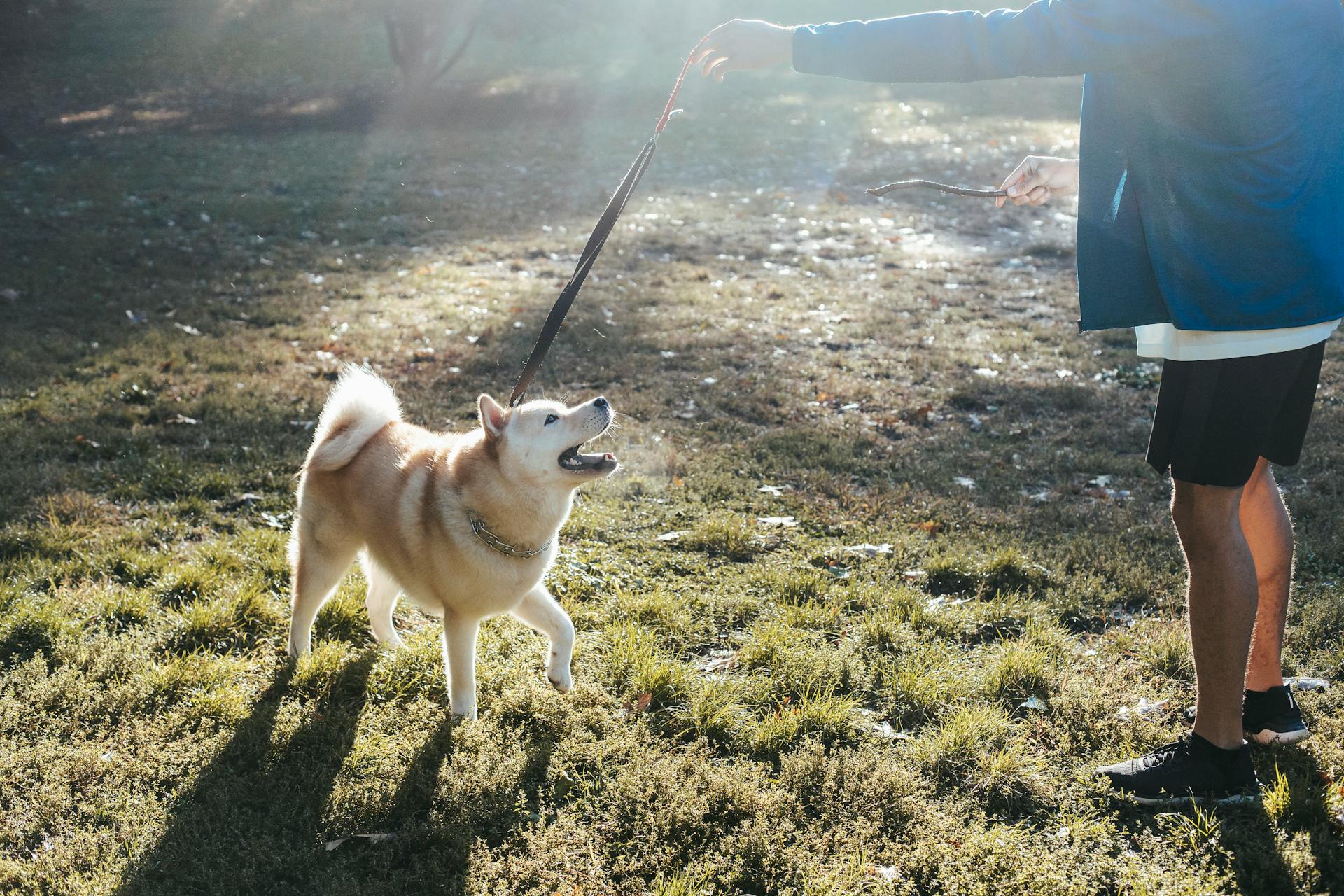
To obtain a Hawaii Health Certificate for your dog, you'll need to start by scheduling a veterinary examination within 14 days of travel. This is a non-negotiable requirement.
The examination will verify your dog's health status and ensure they don't have any diseases that could be transmitted to humans or other animals. Your veterinarian will also check for any signs of illness or disease.
You'll need to provide your veterinarian with your dog's vaccination records, as they must be up-to-date on all required vaccinations. This typically includes rabies, distemper, and hepatitis vaccinations.
Be prepared to pay a fee for the examination and any necessary vaccinations or treatments.
Traveling with Pets
If you're planning to bring your furry friend to Hawaii, you'll need to follow some specific procedures to ensure a smooth arrival.
First and foremost, you'll need to obtain a Neighbor Island Inspection Permit (NIIP) from the Department of Agriculture. This permit is required to fly your cat or dog directly to an approved neighbor island airport.
To get your NIIP, you'll need to submit the necessary documents to the Animal Quarantine Station at least 30 days prior to your arrival. These documents include a completed Dog & Cat Import Form (AQS-279), original rabies vaccine certificates, payment of $165, flight information, and a letter requesting Direct Airport Release.
You'll also need to contact a listed veterinary hospital to schedule an inspection at the desired airport. Approved clinics will send a confirmation to the Animal Quarantine Station, and you'll be responsible for any additional fees.
Pets from exempt areas, such as the British Isles, Australia, Guam, and New Zealand, have different requirements. For these areas, you'll need to follow the specific procedures outlined in the article.
It's essential to plan ahead and contact your veterinarian at least 60 days prior to your arrival in Hawaii to ensure you meet all the necessary requirements.
Here's a summary of the necessary documents and procedures:
- Completed Dog & Cat Import Form (AQS-279)
- Original rabies vaccine certificates
- Payment of $165
- Flight information
- Letter requesting Direct Airport Release
- Contact a listed veterinary hospital for inspection
Health Certificates
To obtain a health certificate for your dog, you'll need to schedule a health check with your veterinarian no more than 14 days before your flight. This check will certify that your dog is healthy enough to fly.
To prepare for the health check, your veterinarian will need to note that your dog has been treated for ticks, which costs an additional $65 for a rabies blood test and $75 for the health certificate.
You can use GlobalVetLink to make the process easier, as it allows veterinarians to create, access, and download Hawaii animal movement records with ease and efficiency.
How Health Certificates Work in GlobalVetLink
GlobalVetLink makes it easy to create health certificates for Hawaii travel. The system uses a simple step-by-step, Q&A format to collect basic information and automatically incorporates completed FAVN tests and Rabies Vaccination certificates to create a submission-ready travel document packet.
You can create travel documents for Honolulu, as well as Kona, Kahului, and Lihue through GlobalVetLink. This includes preparing travel documents for pets flying into these airports.
To ensure accurate travel certificates, veterinarians, veterinary technicians, and practice managers can use GlobalVetLink's step-by-step workflow. This eliminates manual research, saves time, and increases revenue for your practice.
You should begin working with your veterinarian to complete the necessary testing and documentation at least 60 days prior to your arrival in Hawaii. This includes Rabies Vaccination and FAVN testing requirements.
Here's a checklist of the documents you'll need to prepare for Neighbor Island Inspection Permit:
- Completed Dog & Cat Import Form (AQS-279)
- Original rabies vaccine certificates for the 2 most recent vaccinations
- Payment of $165 in cashier’s check or money order made out to the Hawai‘i Dept. of Agriculture
- Flight information (i.e. Airlines, flight number, date and time of arrival)
- A letter from the owner requesting Direct Airport Release at either “Kona” or “Kahului” or “Līhu‘e”
Note: Owners must ensure these documents are received by the Animal Quarantine Station 30 days or more ahead of the planned arrival.
Get 2 Rabies Vaccinations
To ensure your dog has enough rabies antibodies built up in their bloodstream, they need to have had at least two rabies vaccinations in their lifetime.
The most recent rabies vaccination must be active, not expired, before they arrive in Hawaii.
Rabies vaccines cost $50.
You'll need to get a vaccine certificate from your vet, certifying the date that they gave the vaccine, and submit this to the Department of Agriculture when applying for your permit.
If your dog doesn't pass the antibody test, you'll likely need to get another vaccine, wait 30 days, and test again.
Hawaii requires this extra precaution because it's the only rabies-free state in the union.
Expand your knowledge: Embark Dog Dna Test Breed & Health Kit
Frequently Asked Questions
Is a pet passport the same as a health certificate?
A pet passport and a health certificate are not the same, although the process for obtaining them is similar. A health certificate is often used in place of a pet passport for international travel, and requires a vet visit and proof of vaccinations.
Sources
- https://hdoa.hawaii.gov/ai/aqs/aqs-info/
- https://thehawaiivacationguide.com/can-you-bring-your-dog-to-hawaii/
- https://travel.stackexchange.com/questions/116503/can-i-bring-my-dog-from-the-mainland-u-s-to-hawaii
- https://www.airanimal.com/pet-move-hawaii.cfm
- https://www.globalvetlink.com/compliance/hawaiian-health-certificates/
Featured Images: pexels.com


